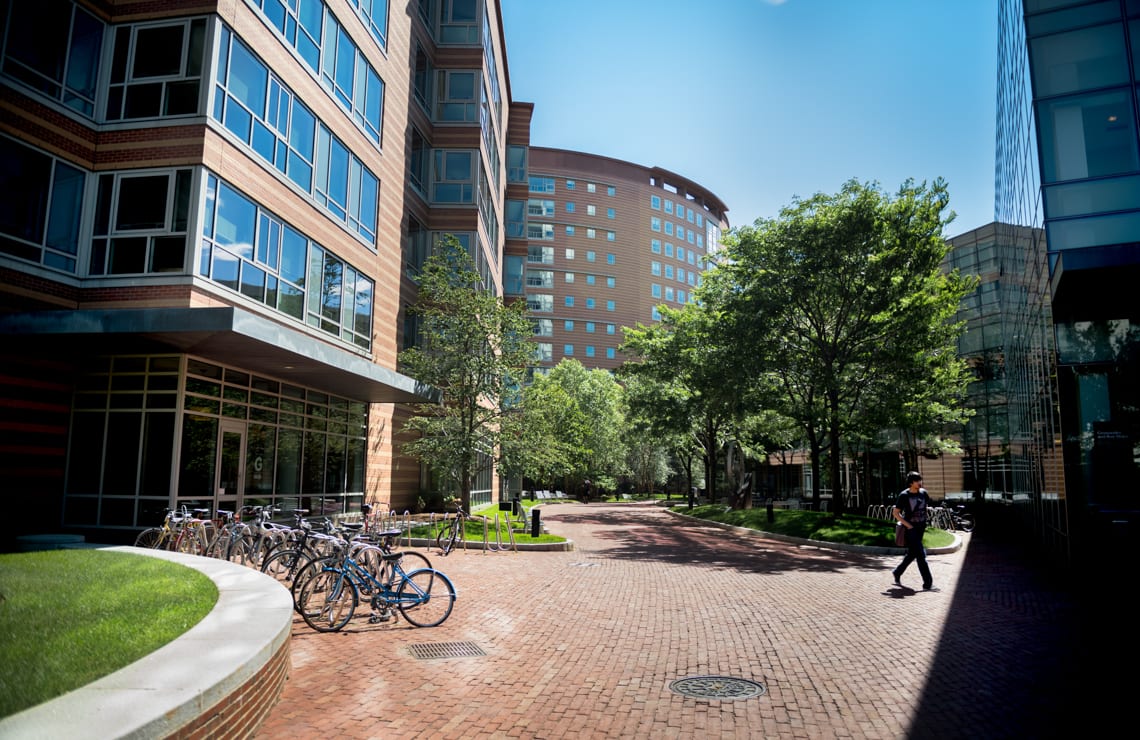
Interdependent Network-based Quantification of Infrastructure Resilience (INQUIRE)
Lead PI
Co PIs
Abstract
Critical infrastructure systems are increasingly reliant on one another for their efficient operation. This research will develop a quantitative, predictive theory of network resilience that takes into account the interactions between built infrastructure networks, and the humans and neighborhoods that use them. This framework has the potential to guide city officials, utility operators, and public agencies in developing new strategies for infrastructure management and urban planning. More generally, these efforts will untangle the roles of network structure and network dynamics that enable interdependent systems to withstand, recover from, and adapt to perturbations. This research will be of interest to a variety of other fields, from ecology to cellular biology.
The project will begin by cataloging three built infrastructures and known interdependencies (both physical and functional) into a “network of networks” representation suitable for modeling. A key part of this research lies in also quantifying the interplay between built infrastructure and social systems. As such, the models will incorporate community-level behavioral effects through urban “ecometrics” — survey-based empirical data that capture how citizens and neighborhoods utilize city services and respond during emergencies. This realistic accounting of infrastructure and its interdependencies will be complemented by realistic estimates of future hazards that it may face. The core of the research will use network-based analytical and computational approaches to identify reduced-dimensional representations of the (high-dimensional) dynamical state of interdependent infrastructure. Examining how these resilience metrics change under stress to networks at the component level (e.g. as induced by inundation following a hurricane) will allow identification of weak points in existing interdependent infrastructure. The converse scenario–in which deliberate alterations to a network might improve resilience or hasten recovery of already-failed systems–will also be explored.